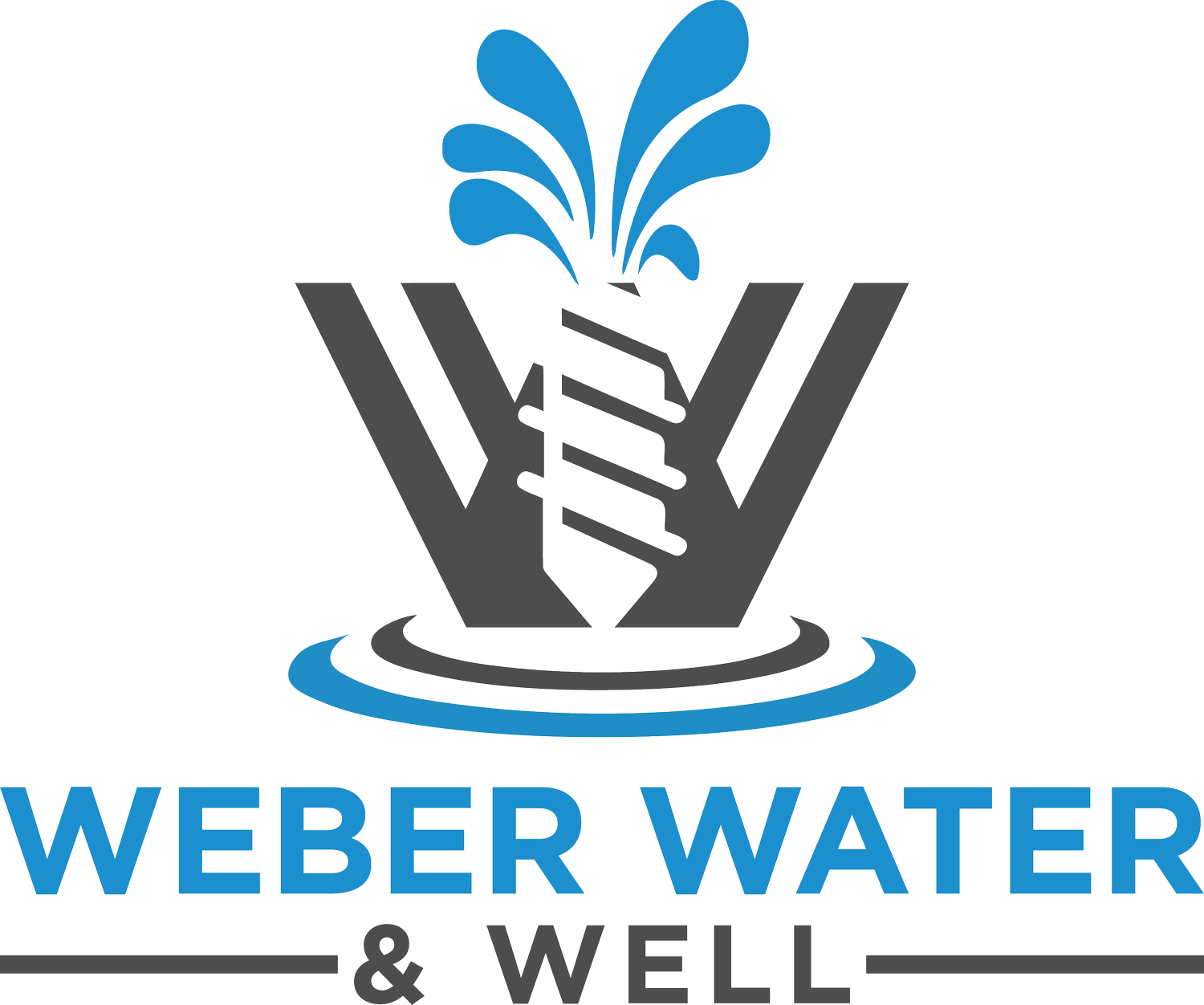How Do Off Grid Water Systems Work?
Off grid water systems are essential for those who choose to live sustainably and independently from municipal water sources. In this FAQ, we'll break down how these systems operate, why they're beneficial, and what you need to consider if you're thinking about implementing one in your life.
What Are Off Grid Water Systems?
Off grid water systems are setups designed to collect, filter, and store water independently of public water systems. This autonomy allows individuals to harness natural water sources, ensuring their water supply is sustainable and reliable.
Essentially, these systems allow people living in remote or rural areas to access water without relying on traditional infrastructure. This is not just beneficial for practicality; it aligns with a lifestyle that values ecological stewardship.
Moreover, an off grid water system can be tailored to meet specific needs. This adaptability is vital for families or individuals who might have varying water requirements depending on their activities or location.
Key Components of Off Grid Water Systems
There are several key components that make up an off grid water system. At the heart of these systems is a collection mechanism, typically a rain catchment system or a surface water source.
Alongside collection, a robust filtration system is crucial. It's responsible for removing impurities, ensuring that the water is safe for drinking, cooking, and other uses. This dual-layered approach protects both health and environmental integrity.
Lastly, storage tanks play a significant role. They allow for the accumulation of water during times of abundance, providing a reserve that can be used during drier periods or unexpected shortages. Choosing the right tank material and size will depend on your specific location and water needs.
How Do Off Grid Water Systems Collect Water?
Water collection methods vary widely depending on climate and geography. Rainwater harvesting is a popular method, particularly in regions with consistent rainfall. This involves using rooftops and specially designed gutters to channel rainwater into storage tanks.
In other areas, surface water sources like rivers or springs may be used. Systems can be designed to pump this water directly from the source into the storage tanks, albeit with additional filtration steps to ensure safety.
For those living in snowy regions, melting snow can also become a valuable water source. By collecting and filtering melted snow, individuals can supplement their water supply during winter months.
Water Filtration and Storage in Off Grid Systems
Once water is collected, it must be filtered to eliminate contaminants. Various filtration methods are available, including mechanical filters, activated carbon systems, and UV purification. Choosing the right method often depends on the specific impurities present in the collected water.
Storage is equally important. Properly designed tanks ensure that water remains clean and accessible. It's recommended to select food-grade materials to prevent leaching of chemicals, which can adversely affect water quality.
Additionally, regular maintenance and cleaning of both filters and storage tanks are essential. This will help you ensure that your system remains effective and your water quality is consistently high.
Benefits of Off Grid Water Systems
There are numerous benefits to adopting an off grid water system. One of the most significant advantages is self-sufficiency. By establishing your own system, you're no longer dependent on municipal services, making you more resilient during times of crisis or water shortages.
Environmental benefits also abound. Using rainwater and other natural sources reduces the strain on local water supplies, promoting a healthier ecosystem. Moreover, many find peace in sustainably managing their resources, knowing they are making a smaller environmental footprint.
Cost savings can also be a key factor. Once the initial setup costs are covered, many users have noted significant reductions in their water bills, and the return on investment can be substantial over time.
Considerations When Setting Up an Off Grid Water System
Implementing an off grid water system does require careful planning. Start by considering your water needs – this includes how many people will use the system and for what purposes, like drinking, cooking, and irrigation.
Additionally, local regulations may affect your setup; check with local authorities to ensure you meet legal requirements for water collection and storage. Ignoring regulations can lead to fines or complications down the line.
Finally, don’t overlook maintenance. Regular inspections and upkeep will be necessary to ensure that your system continues to function effectively. Planning for these tasks can help prolong the life of your off grid water system, maximizing its benefits.
Final Thoughts on Off Grid Water Systems
Understanding off grid water systems is crucial for anyone looking to live sustainably. These systems not only offer independence but also foster a deeper connection with nature. By exploring the components and considerations involved, you're better equipped to make informed decisions about your water needs.


